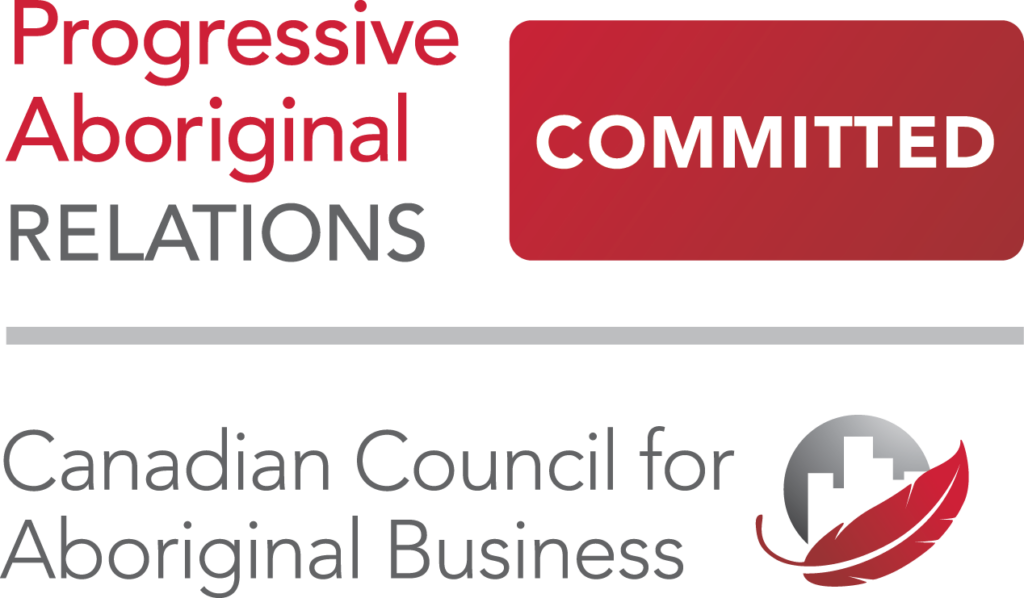Influencer marketing has continued to grow as an industry over the last few years. It was a $1.7 billion industry in 2016, increasing to $3 billion in 2017. Growth continued to $4.6 billion in 2018 and is expected to continue its upward trajectory this year to potentially become a $6.5 billion industry (Source).
With the incredible growth influencer marketing is seeing, the Federal Trade Commission (FTC) is always making sure the consumer is protected. With that said, all partnership agreements and affiliate programs have different guidelines and contracts, but one thing remains the same across the board – FTC Disclosure Law.
This law is simple – make sure to disclose any affiliated/paid endorsement.
If you bought the product yourself and just want to share the love, then this law does not apply. This applies to anyone who creates online content and promotes brands in exchange for compensation. Compensation can include cash, free products/services, discounts, special access, or any other exchange of goods/services.
Since influencer marketing was propelled into the mainstream, we’ve witnessed many brands get fined for not complying with FTC guidelines on social media endorsements. However, it seems that brands are becoming more and more aware of the FTC regulations. This is a significant improvement since last year, when only 55% of them were aware of these regulations. On the other hand, only 11% of influencers were meeting all the requirements set by the FTC, according to the Influencer Marketing Hub study (Source).
Our goal is to help our partners and other influencers become aware of how important this disclosure is to your partnerships and the industry.
The Why
No one wants to feel duped when buying goods or booking a service and that worry is there with all consumers. There’s only so much research one can do in order to feel confident in their purchase, and then it’s never a guarantee for satisfaction.
With influencers and social media, consumers have found an easier way to research companies. They look to people, just like them, to give them an honest review. If it works for the reviewer, the odds it will work for them too should be higher.
The FTC Disclosure law helps keep the promoter honest and the consumer in more control of what they take away from the ad/review.
Staying honest not only helps you, as the influencer, keep a loyal following by being transparent, but it also keeps the industry, as a whole, honest.
The How
The FTC does not give specific language to include, but instead, simply states that the goal is “to give readers the essential information.”
To better understand what that goal means, here are 4 key rules to follow…
- Disclosures should be easily visible to consumers – Always keep your disclosures at a reasonably sized font that stands out from any background.
- Disclosures must be easily understood by consumers – No vague or subtle language.
- Disclosures should be posted in places where your audience would typically read or view content – Do Not bury your disclosure at the bottom of a page or after a lengthy post that requires them to click to learn more.
- Disclosures should be listed alongside the products or services being promoted.
When it comes to social media promoting, some optional verbiage to use would be…
- Ad or #ad
- Sponsored or #sponsored
- Promotion or #promotion
While the FTC does not enforce specific language or words to disclose, the same 4 rules above apply to all ads across any platform. Stay away from anything ambiguous and you should be covered.
We hope the above helps you proceed with your partnerships without fear of fines or backlash. If you are still uncertain of the FTC Disclosure Law, you can read about it in complete detail here. Or, trust the experts and contact us today for guidance.
Happy promoting!












Comments are closed.